Children Programming Functions with Games
Collaborators: Ellen Hart, Chris Verbaro, Aaron Squire
Artist: Onyinye Obiorah
This project seeks to understand how to design programs for children to learn about functions by building on their experiences of functions in their every day life.
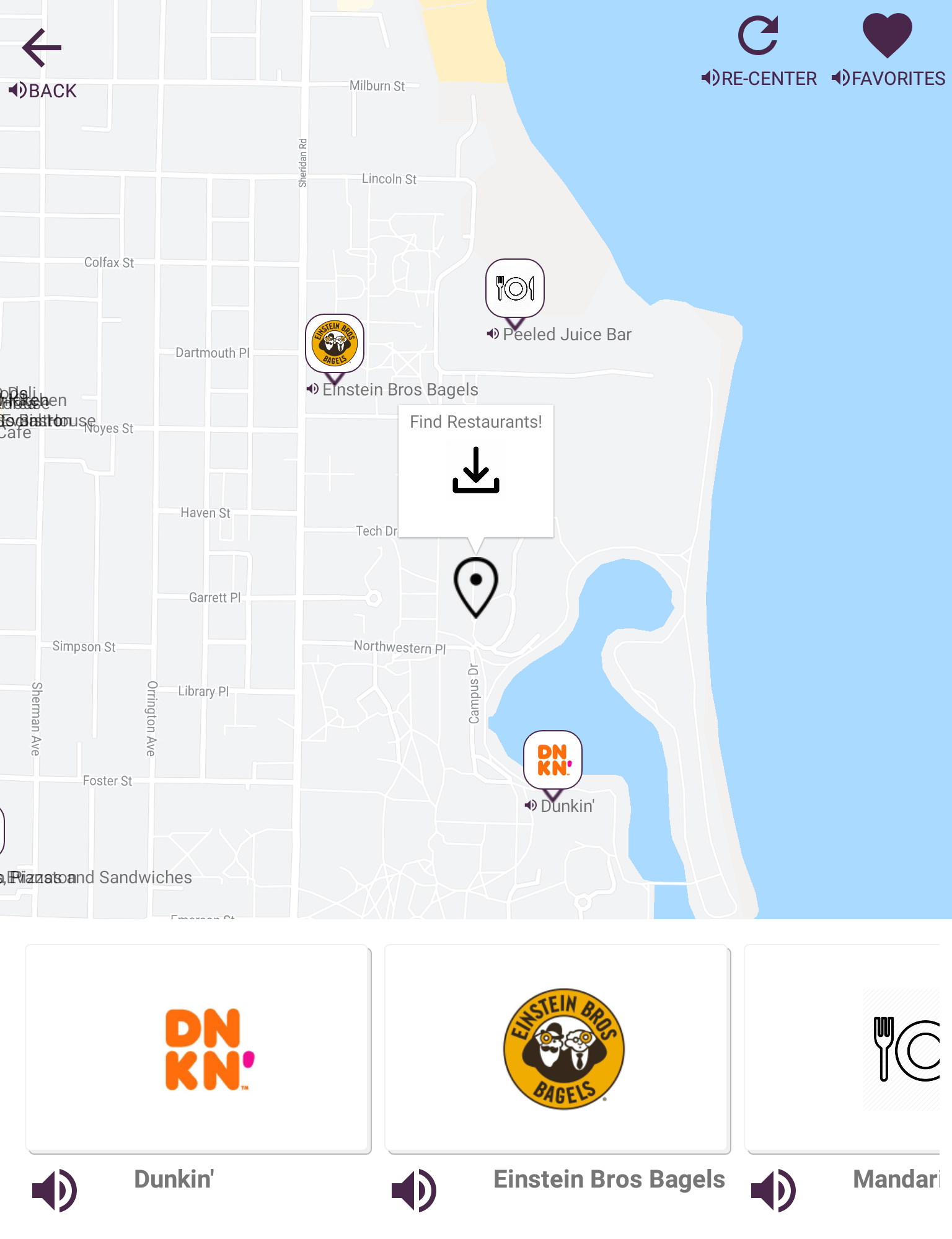
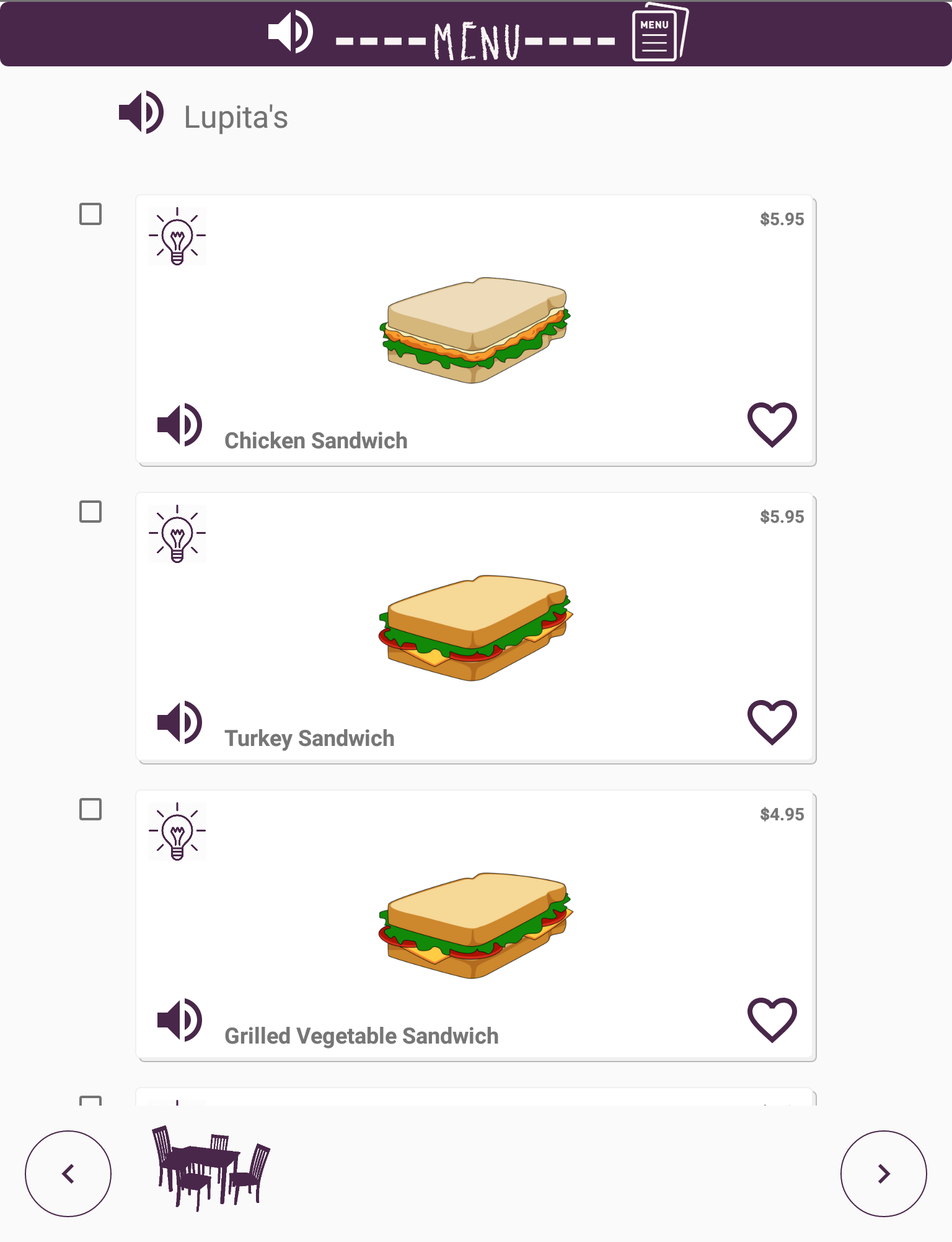

OrderEat: People with Aphasia Dining in Restaurants
In this project, we explore ways to support conversations of people with aphasia in leisurely contexts. Particularly, we use the geographical location of users to retrieve restaurant menus from the Internet and associate words in the menu with images in real-time to support in-restaurant conversations, word-finding, exploration of the menu, and discovery of menu items by people with aphasia.
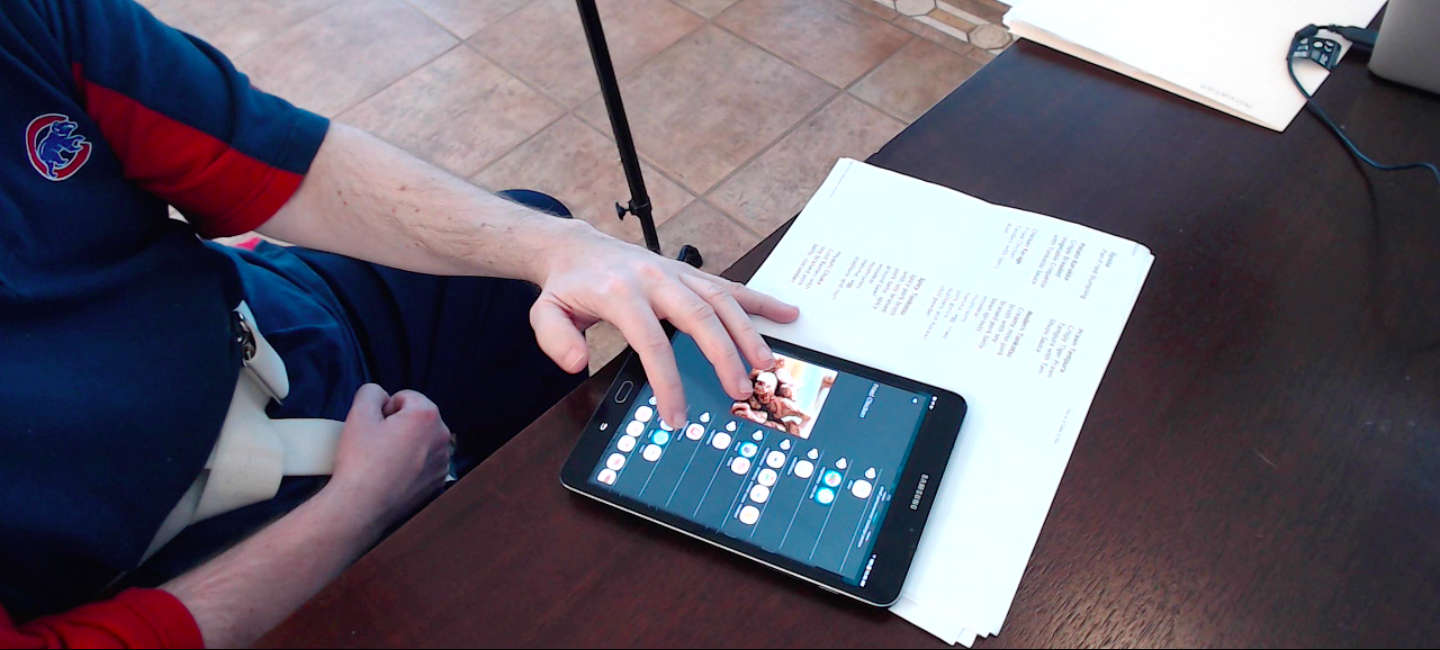
MenuSpeak: People with Aphasia Dining in Restaurants
This project explores ways to support the conversations of people with aphasia in real-time. We build an Android app that allows users to capture photos of paper menus. The text in the captured photos are associated with images in real-time. We learn how multiple modalities supports the comprehension of words by people with aphasia. We also identify challenges related to photo-capturing that might arise for people with aphasia in real-world contexts.



PhotoSearch: Independent Word Discovery for People with Aphasia
In this project, we build an app -PhotoSearch that allows users take photos of scenes or items in the environment. The photos are tagged in real-time, the tags are then associated with images and audio in real-time. We use multiple image representations to support comprehension of words. While testing PhotoSearch, we found that the presentation of words in phrases, supported people with aphasia to comprehend abstract vocabulary.
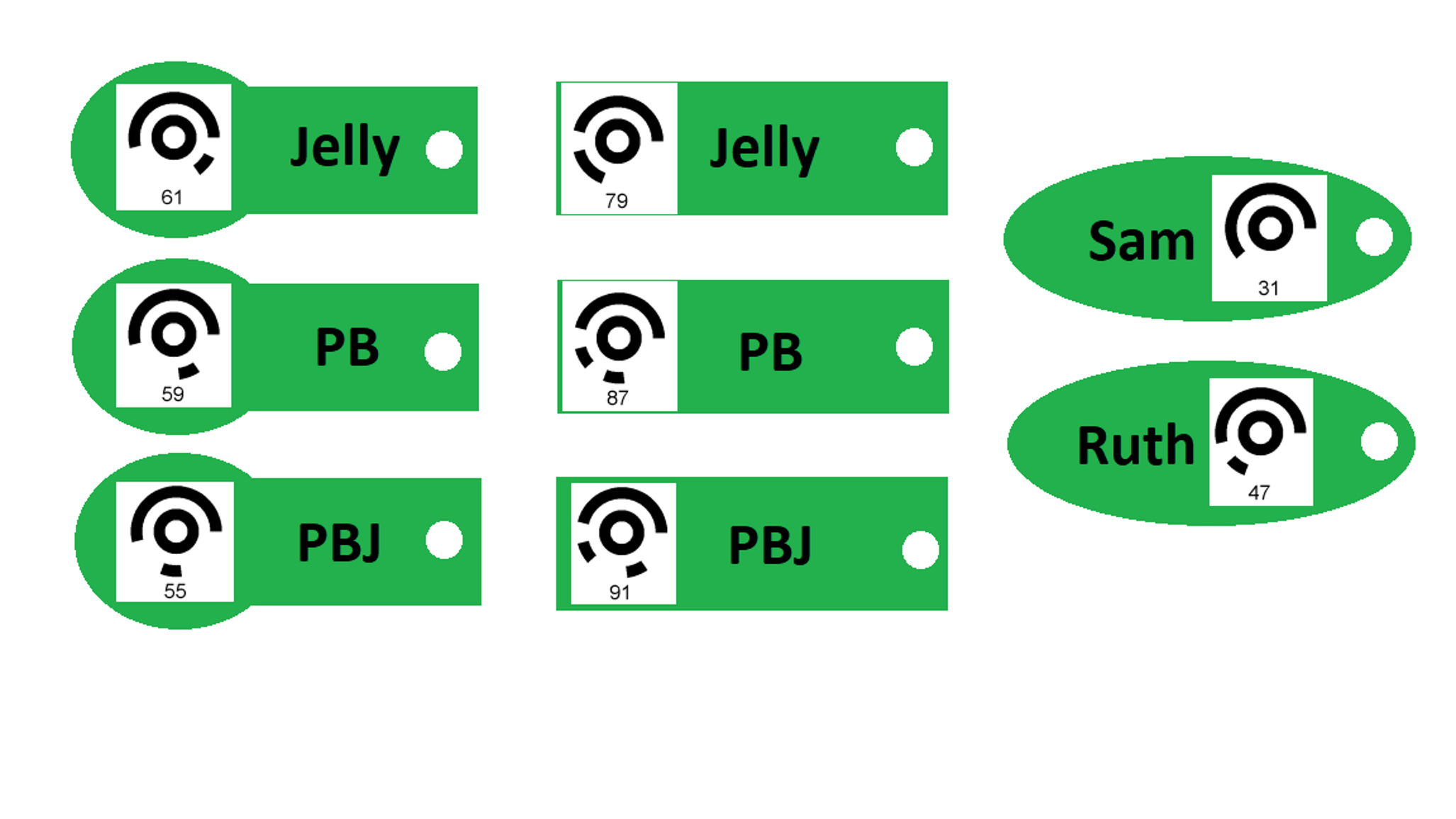
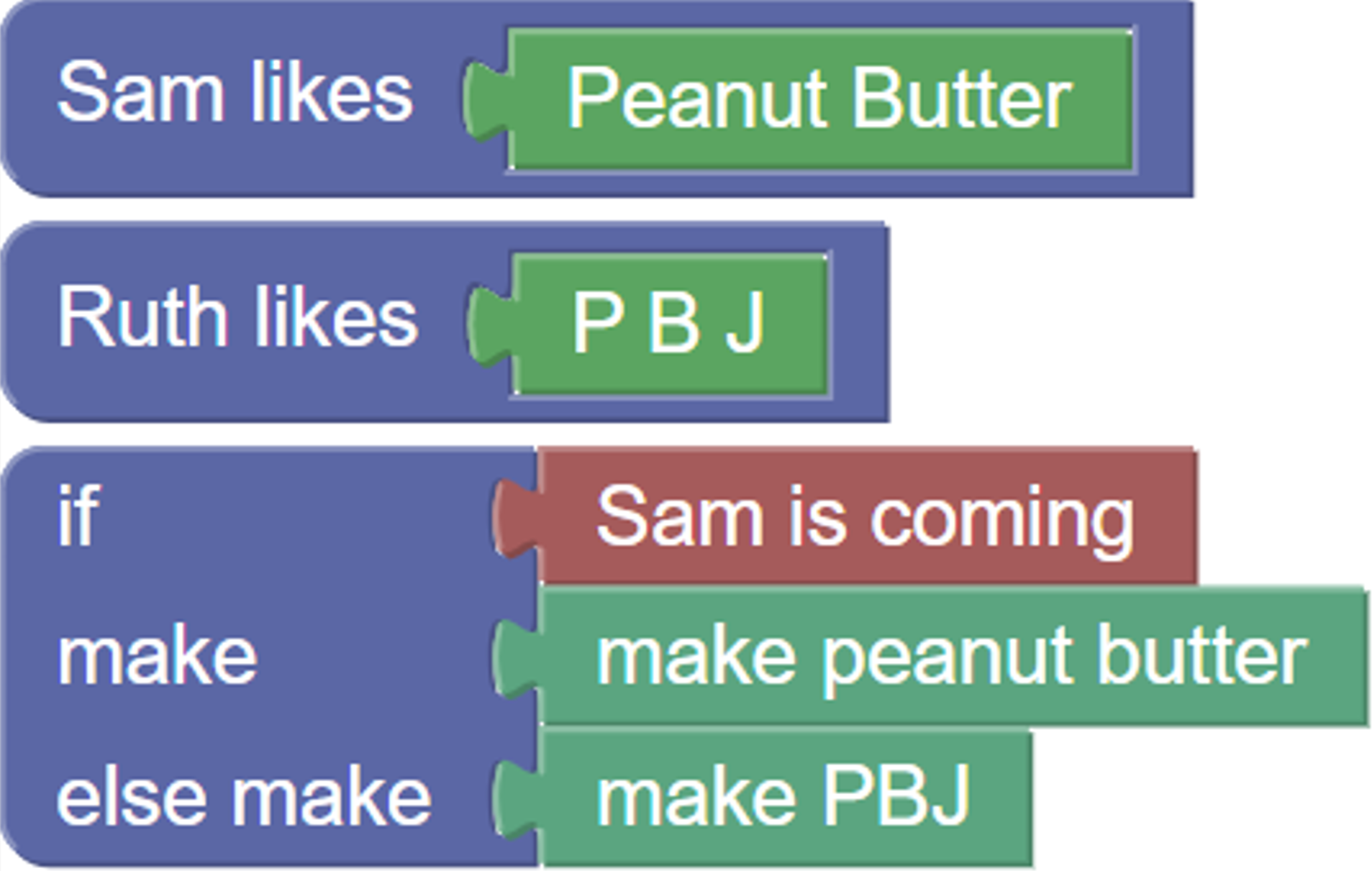
Block-based Programming for Children With Visual Impairments
Collaborators: Kira Furuichi, Melissa Perez.
In this project, we explore ways to make block based programming more accessible to children who have visual impairments. We implement a simple prototype that make use of audio feedback, speech recognition and physical blocks. We focus particularly on teaching children about conditional controls. Use audio commands to select blocks for a program here.
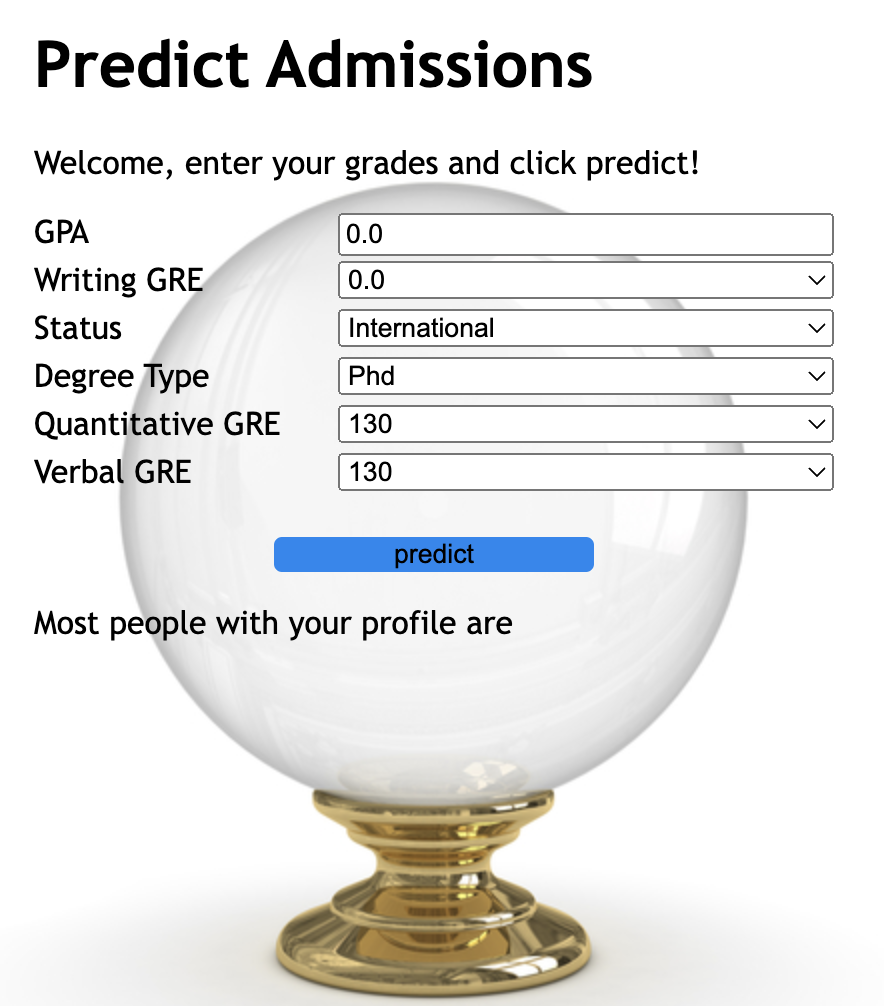
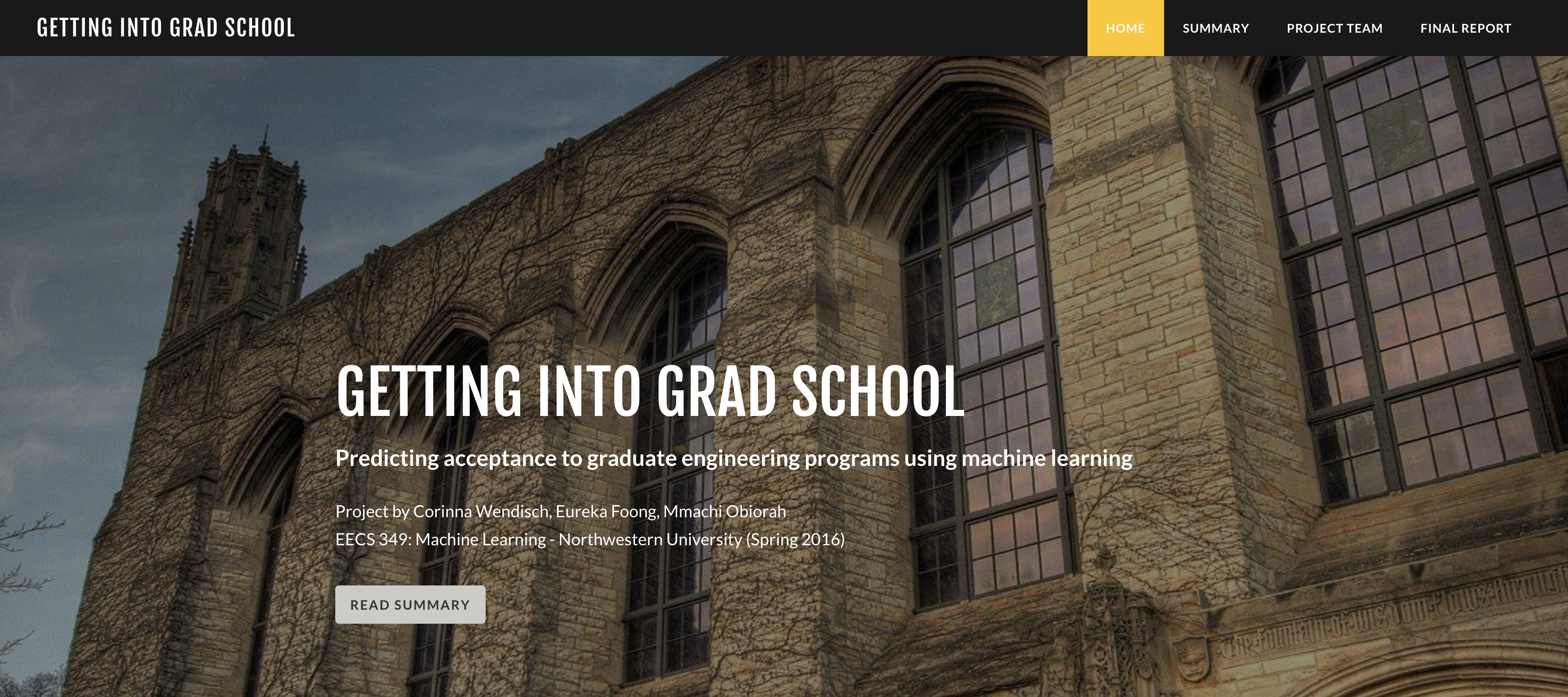
Grad School Predictor
Collaborators: Corinna Wendish, Eureka Foong.
Grad school predictor is a machine learning system built with data from gradCafe and Weka. The Weka model attempts to predict whether an applicant will be admitted into graduate school. It uses applicants' GRE scores, GPAs and the programs being applied to as features to predict acceptance or rejection. See details about the machine learning model here and try out the model here.
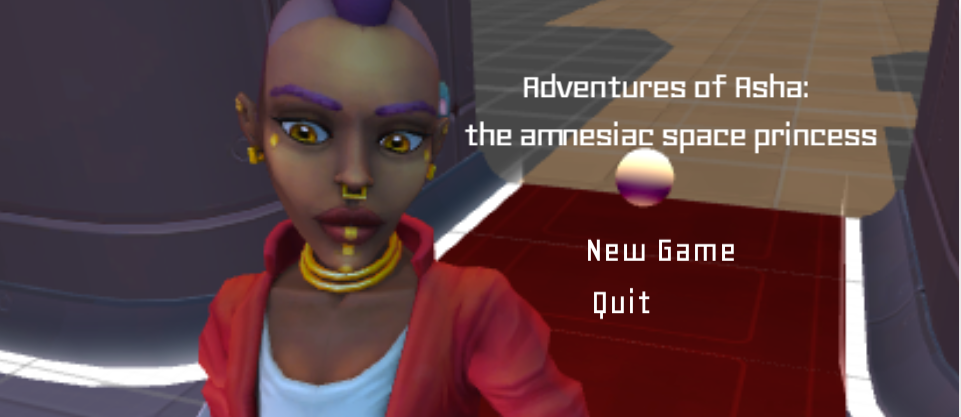
Space Princess
Collaborators: Jim Maddock, Kit Martin.
A unity 3D game based on UniteEurope's 2016 training day example. Try it here.